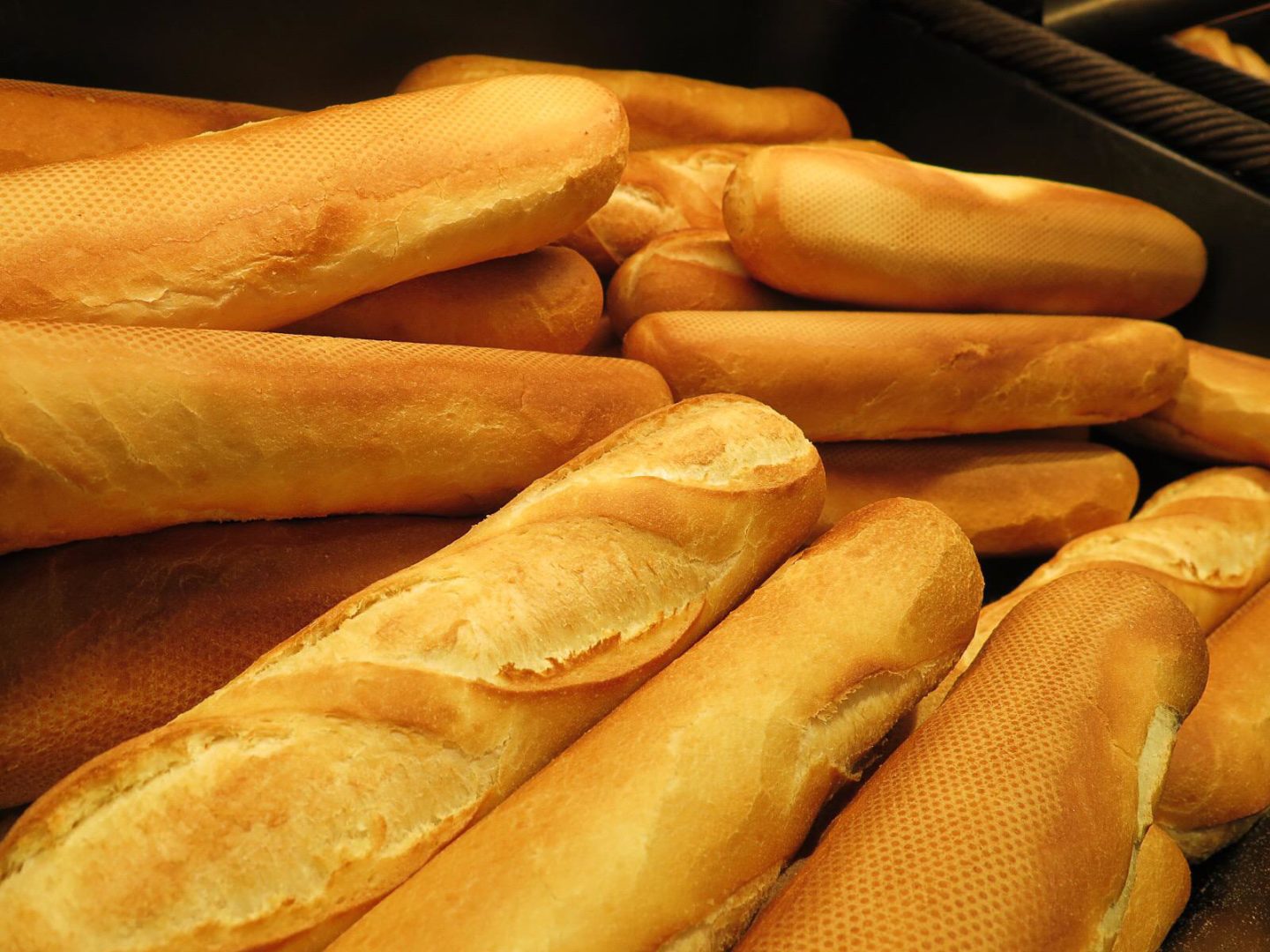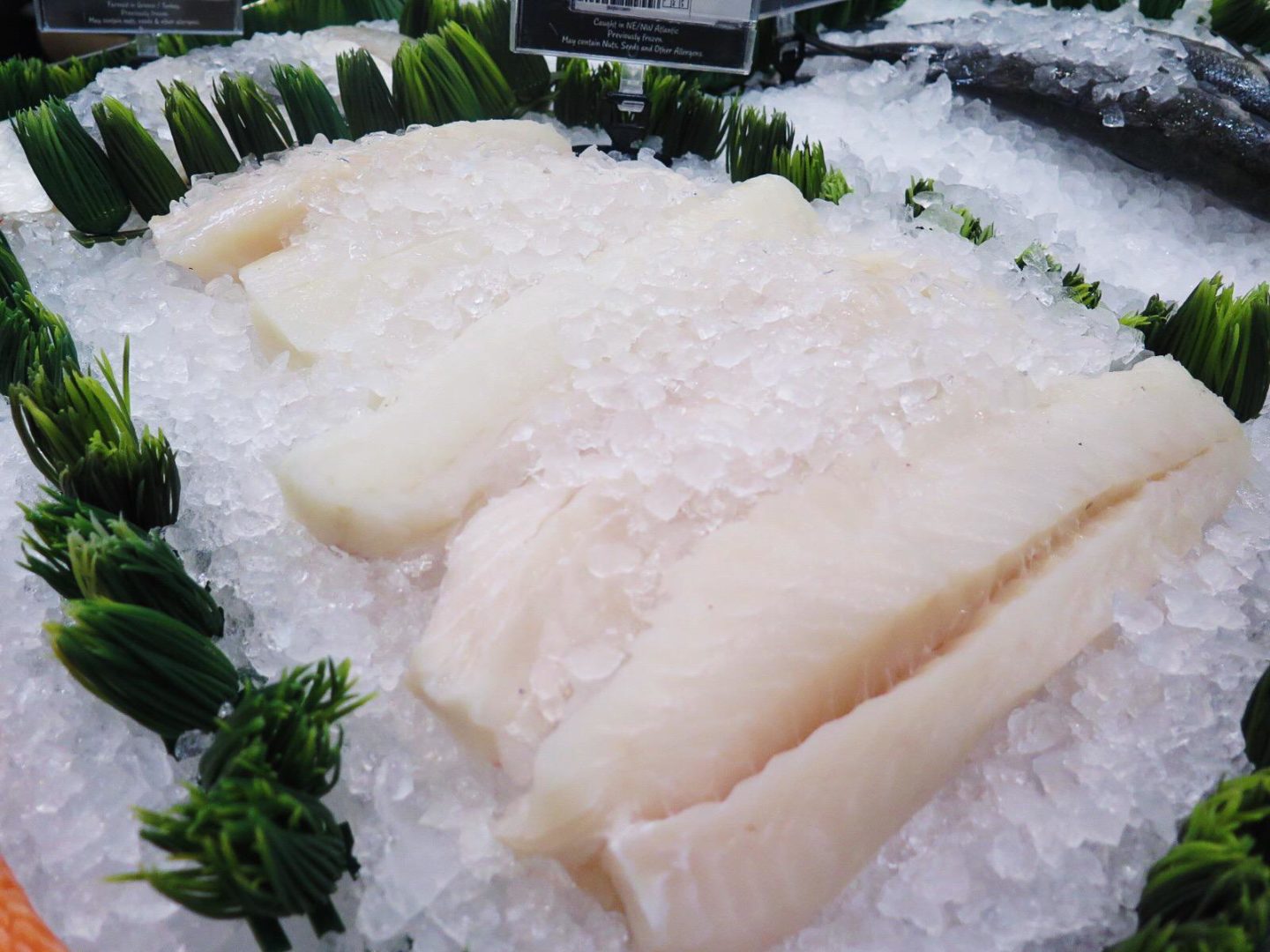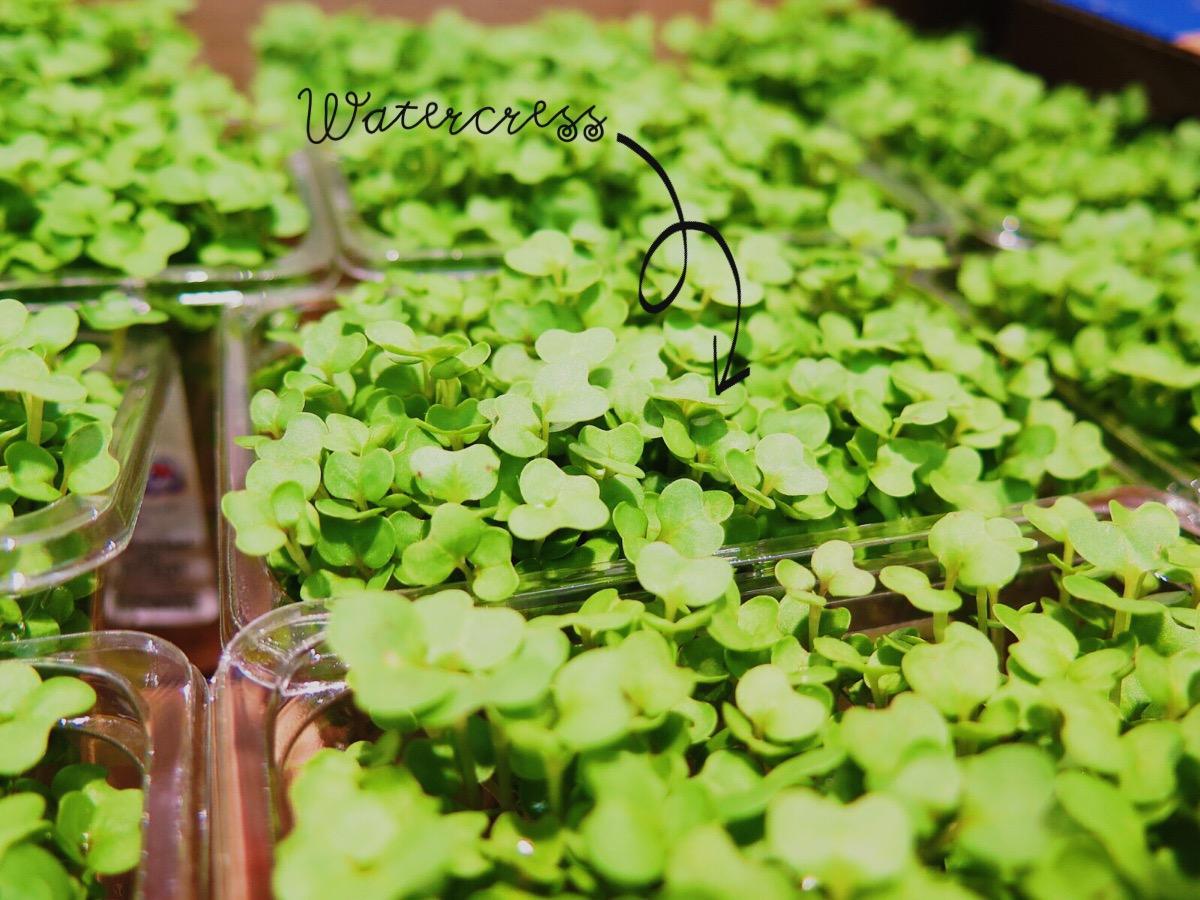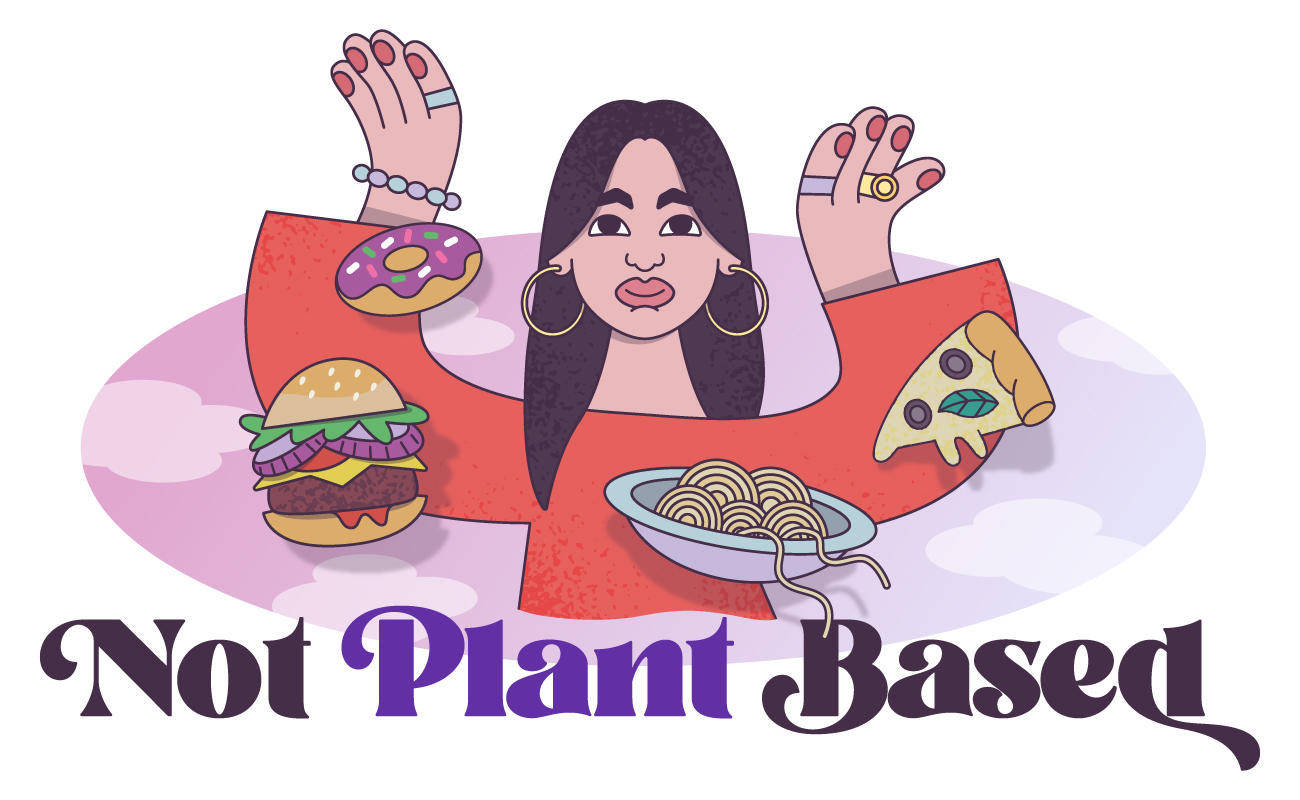It’s truer now than ever before that a foreboding fear of food is slowly infecting the minds of women and men everywhere, especially since the rise of fashionable “plant-based” health bloggers.
In order to decipher the pure shite from the facts, I spoke to dietician of 15 years Ursula Philpot who specialises in eating disorders, upon the recommendation of B-eat the charity, and asked her what we really should be eating and whether there were any specific kinds of food that we should be wary of.
SPOILER ALERT: Nothing’s off limits.
THE BASICS

Ursula says: “The fewer rules you have the better. Have some rules but keep them very flexible. Try to base meals on around a third of your portion from fruit and vegetables, around a third from protein sources and then the other third from fats and carbohydrates. You can pretty much throw anything into that provided you stick roughly to those proportions.”
The main diet that dieticians promote would be Mediterranean-style diet, according to Ursula, in terms of health and longevity. That’s fresh food, made as much as possible from scratch, without cutting out any major food groups.
A quick look at the NHS website and you can learn that a Mediterranean diet is largely based on vegetables, fruits, nuts, beans, cereal grains, olive oil and fish, with an emphasis on sourcing fresh, local ingredients, meaning they tend not to come in a packet.
The main principles involve eating plenty of starchy foods, such as bread (bread!) and pasta (pasta!) and eating less meat (less, not none). They choose products made from vegetable and plant oils, such as olive oil, but won’t deprive themselves of anything else they want. If they want their cake, they’ll have it, and eat it too.

SHOULD WE CUT ANYTHING FROM OUR DIETS?

On the subject of cutting out meat and dairy, a diet that I myself have trialled numerous times, Ursula says: “I don’t think for most people that’s generally helpful especially if you’ve had a history of disordered eating. It depends on why you’re doing it and what’s behind it. If it’s to cut calories or to control what you eat, then no, I don’t think that’s a good idea.”
She adds: “Interestingly, whenever anyone changes their diet, or when they cut something out of their diet, about 90% of cases will report some positive outcome. But actually, over time, that effect plateaus or even dips and the temptation then is to cut something else out to get that same effect.”
URSULA’S TAKE ON PLANT-BASED FOODIES

As I broach the subject of plant-based food bloggers and what she thinks of them, Ursula is quick to begin with the positives. “There are some good things about them. They are promoting healthier eating, but then on the flip side there are some negatives.
“They seem to have a ‘one size fits all’ approach and there seems to be something very superior about them. If you can’t afford chia seeds and you don’t blend your green shakes then you’re in some way inferior where your food quality is concerned, which I don’t agree with.
“There have been lots of studies looking at things like the content of say kale, and actually watercress is better than kale, but people are buying kale because it’s seen as something magical.”
“It’s the language. ‘Clean eating’, what does that imply? Food doesn’t hold a moral value, it’s nutrition, not something you should be making moral judgements about.
Ursula goes on to describe the trend as “worrying” because these bloggers often don’t have any qualifications in nutrition. She says: “They’re telling – usually young women – who will start cutting out dairy products before they’ve peaked their bone mass or trying to cut out meat without balancing it properly.”
We will be talking to Ursula in more depth on various topics within nutrition, so if you have any questions you’d like answered, drop us a line!





I’d be really interested to read Ursula’s views on the best diet for Type 2 Diabetes. My wife has Type 2 so we both eat a diabetes-friendly diet (she won’t take medication) but there seems to be increasing debate about fats, e.g. low-fat vs full-fat yoghurt.
I have PCOS which can sometimes lead to insulin resistance and while I stick to a pretty healthy diet for my three main meals when I snack it’s sugar that I crave. Does she have any advice for PCOS diets (I have started drinking almost milk as some p[eople say the hormoes in milk/dairy can be unhelpful) or how to balance my sugar cravings a little better? Thank you, I really love this site and what you’re doing!
Great to hear your feedback. We’ll definitely try to gain advice from experts regarding specific dietary requirements. Watch this space!